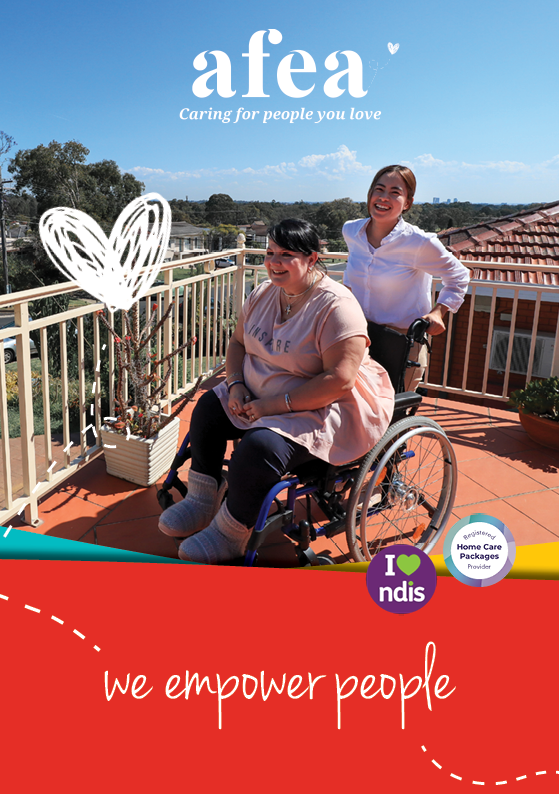Some tips to help you live at home after a dementia diagnosis
If you have recently been diagnosed with dementia, it’s easy to feel overwhelmed. You may wonder how much things will change and whether you’ll continue to enjoy an independent life.
While none of us knows how quickly the disease will develop, a diagnosis doesn’t mean instant dependence. Many people continue to live their life at home with a few small modifications to make things easier. Here are some things to help you live independently for as long as possible.
Make the house as safe as possible
It’s important to prepare your home and make it as safe as possible. Remove any potential trip hazards like throw rugs and power cords on the ground. Try to remove excess furniture so it’s not too cluttered and get rid of any appliances or clothing you’re not using.
Think about what safety mechanisms you can add such as extra railings on stairs or in the bathroom. Find out whether you can set your water heater to a maximum temperature to avoid scalding and install an automatic shut-off switch on the stove. Make sure all the smoke detectors are working and set a reminder to change their batteries every six months.
Research independence devices
Many technical devices can help you maintain independence with dementia. Simple things such as easy to read clocks and large calendars will help with keeping track of time and appointments. There are music players that have easy to use controls and there are even pill dispensers that only release at certain times.
You could also look at devices that are helpful if there’s an emergency. Motion detectors that alert a friend or family member when a person has fallen out of bed. There are also GPS trackers so you can make sure a person living with dementia can be found if they get lost when out and about.
Get organised
It can be useful to set up some organisation habits to reduce overwhelm. You could write down appointments in a diary and leave it in the same place every day next to your keys and wallet. Many people with dementia find it useful to have electronic reminders so they remember when to do certain things. If you have a phone or tablet, there are apps and games made specifically for people with dementia that you could try.
Ask for help from family and friends
If you’re keen to stay independent with dementia, you will need help from time to time. When you’re comfortable, share your diagnosis with your neighbours and ask them to be on standby if you ever need it. Make sure your family is involved in your care and keep them updated on your progress. Ask for help in setting up automatic payments so you don’t forget to pay your bills. If food is a problem, see if someone can set you up with grocery deliveries or meals on wheels.
Get some professional help
If you’re finding it difficult to manage on your own, there are ways you can get help to stay in your own home. You may be eligible for a Home Care Package. This Australian Government initiative helps older people remain living independently at home. It provides a subsidy towards personal care, help with shopping and services such as gardening and housekeeping. You may also receive subsidies for consumables and equipment to help you, such as continence pads, walking aids and other types of assistive technology.
Find out more about how Afea can help with our Home Care Packages.















